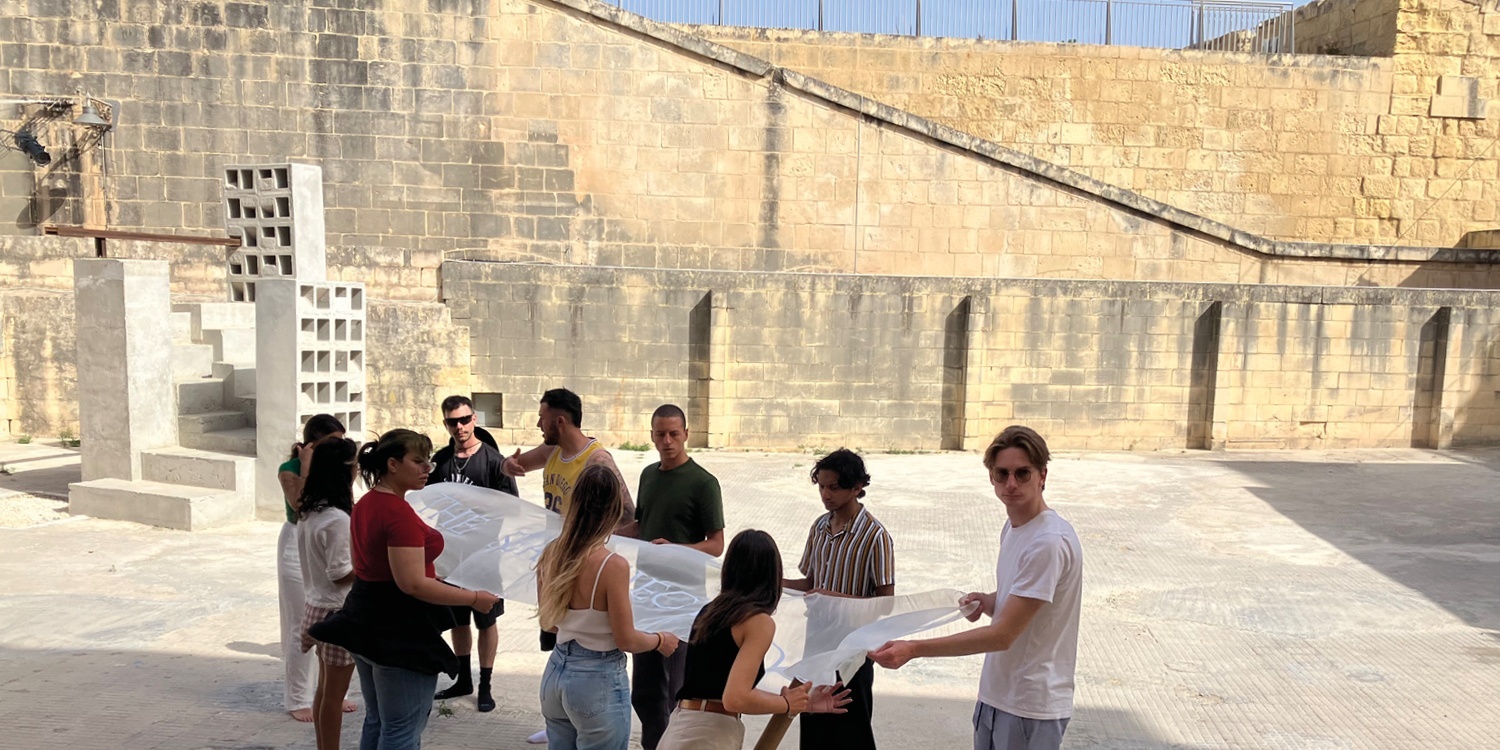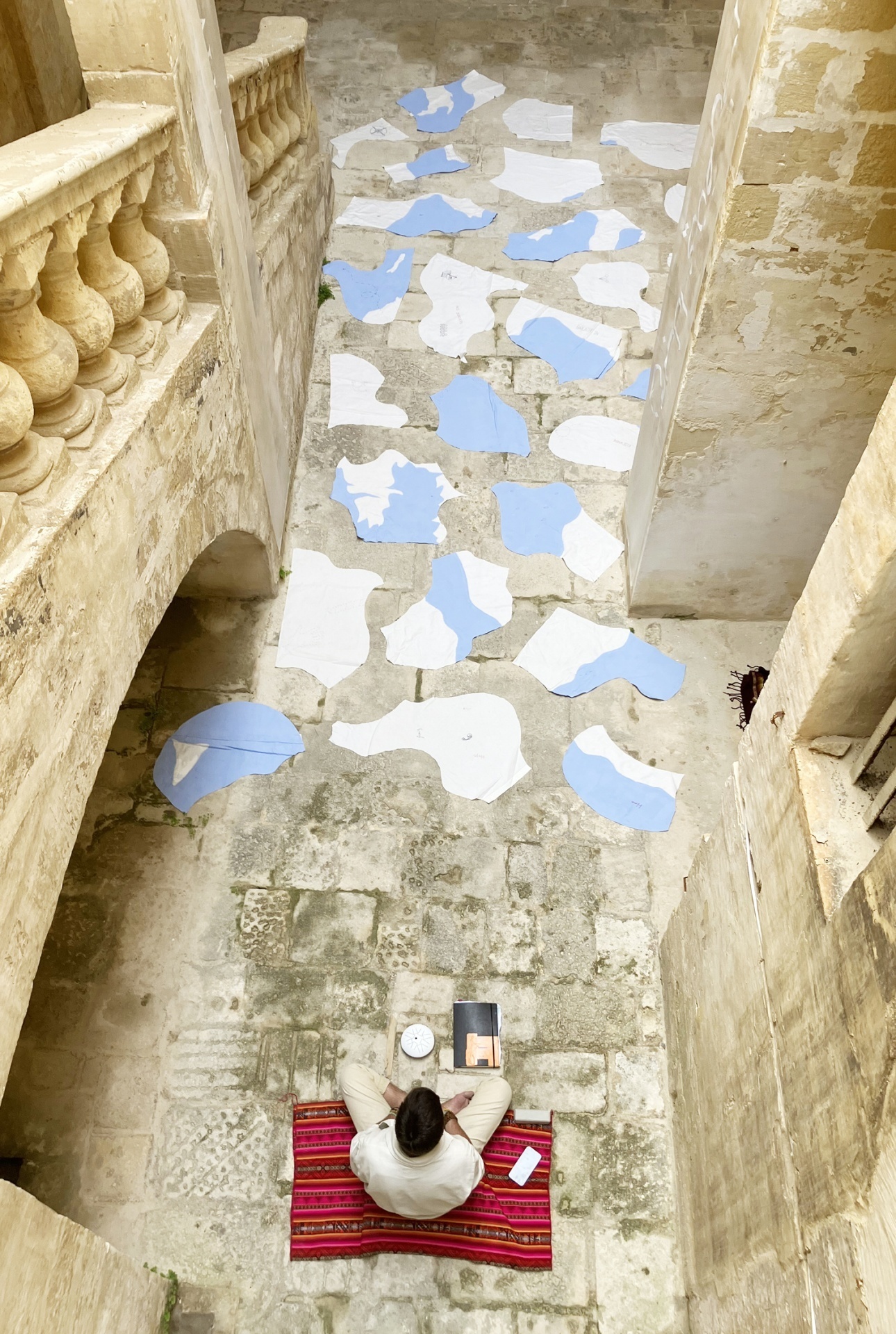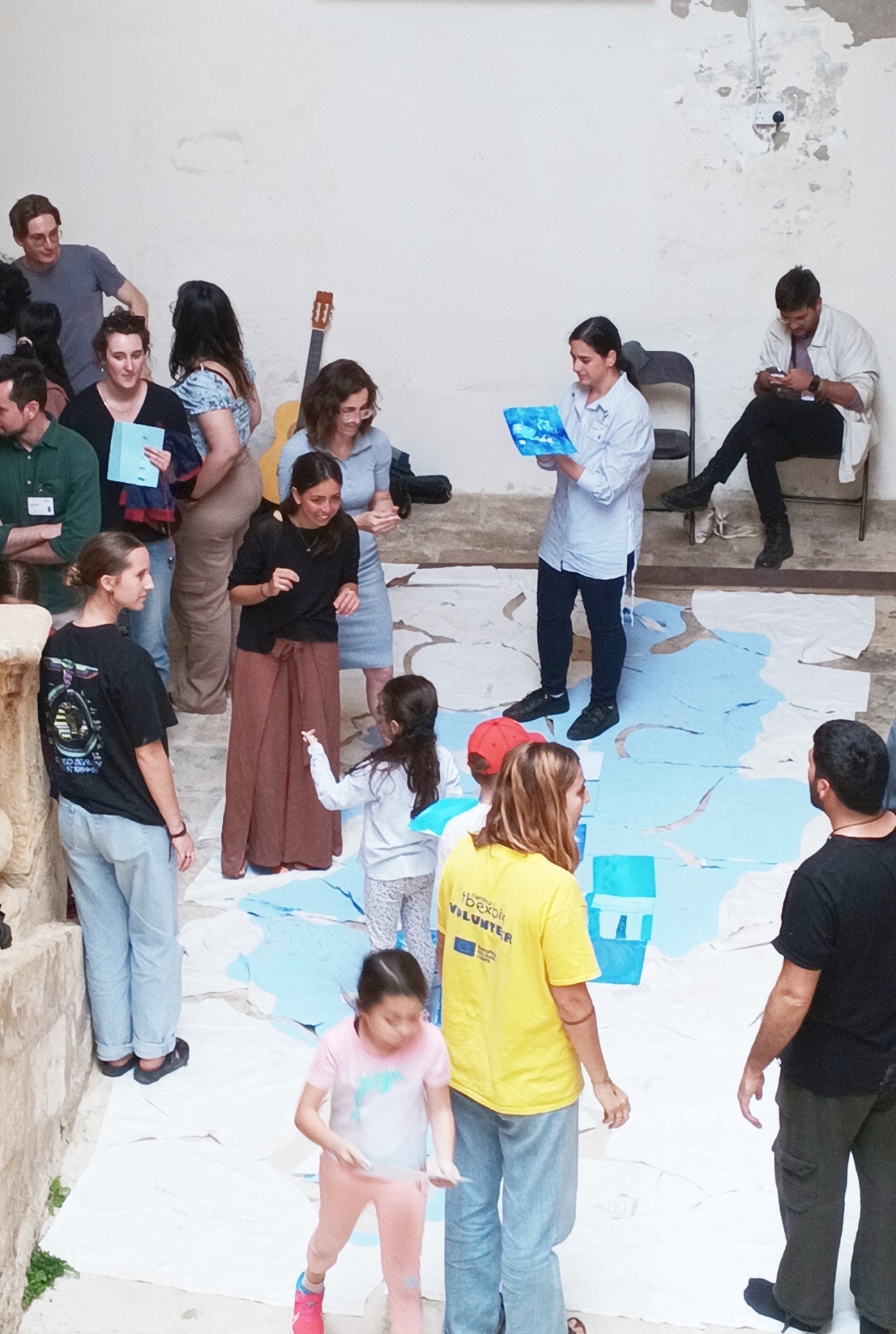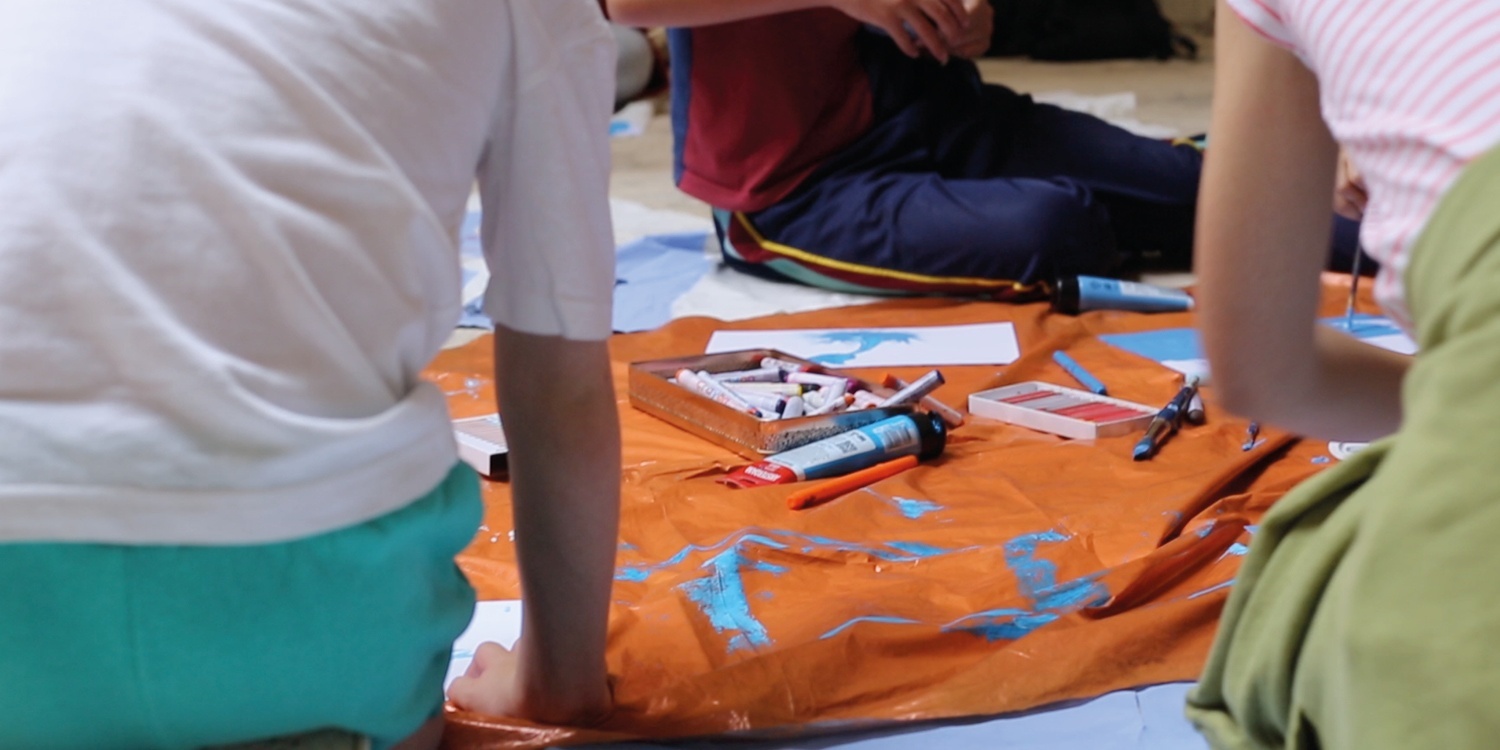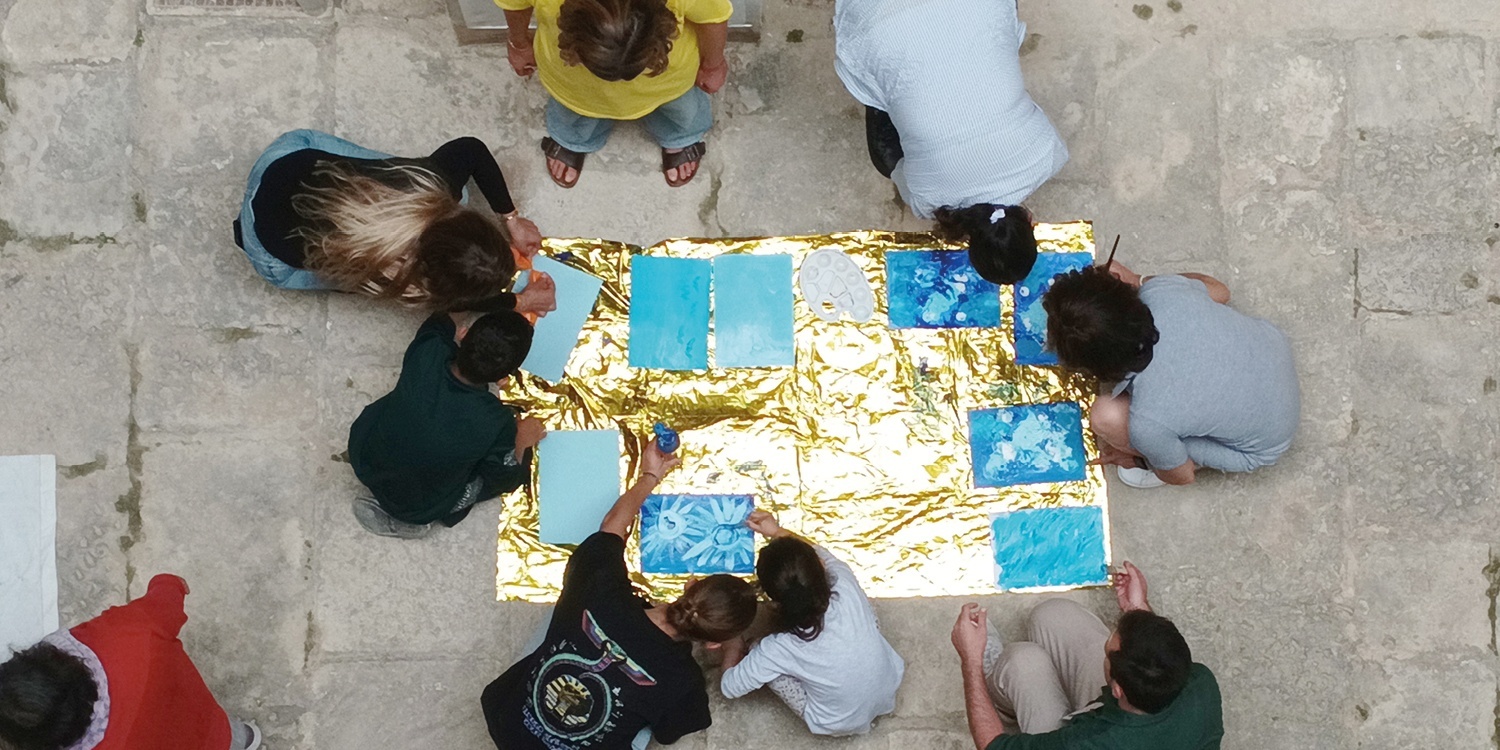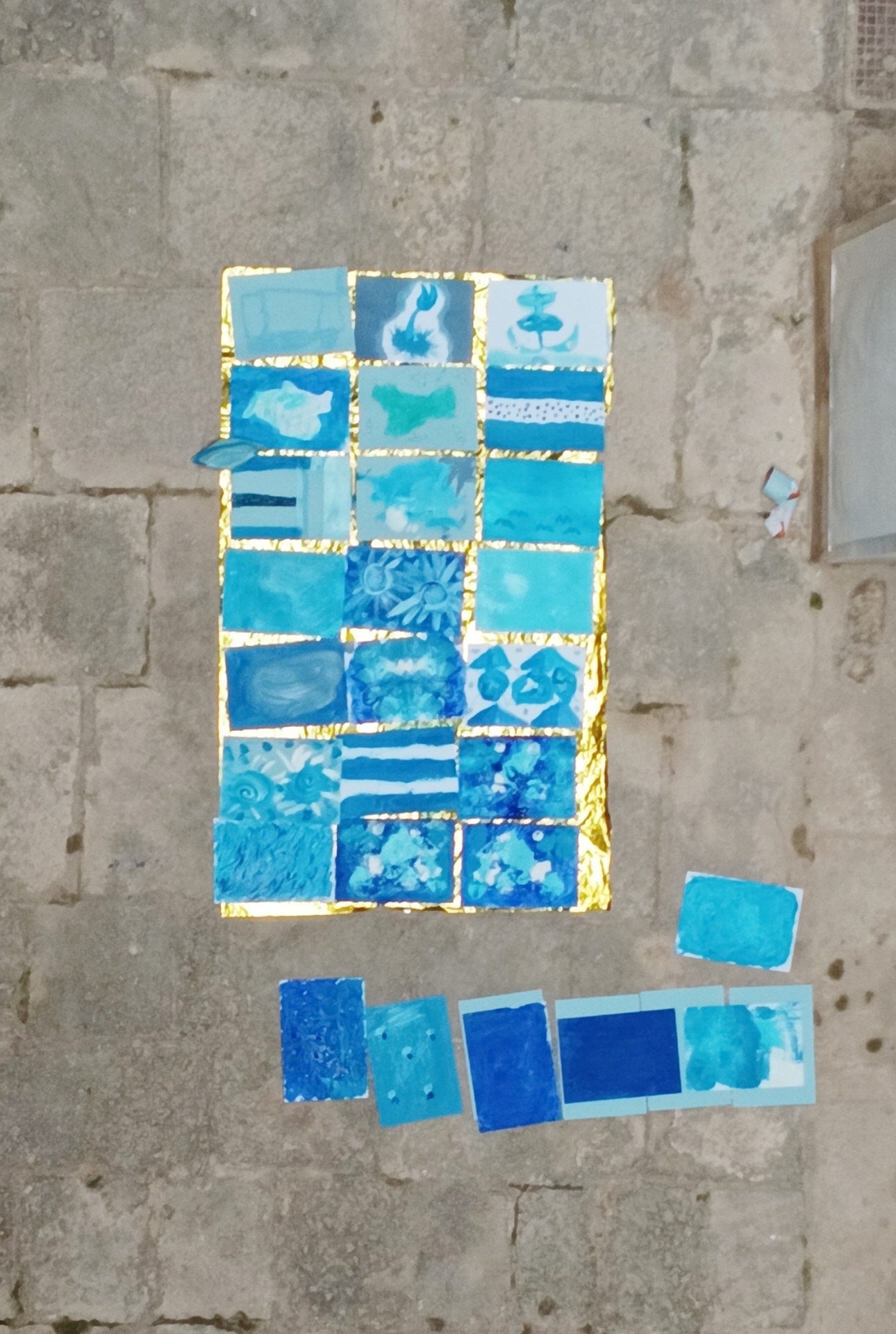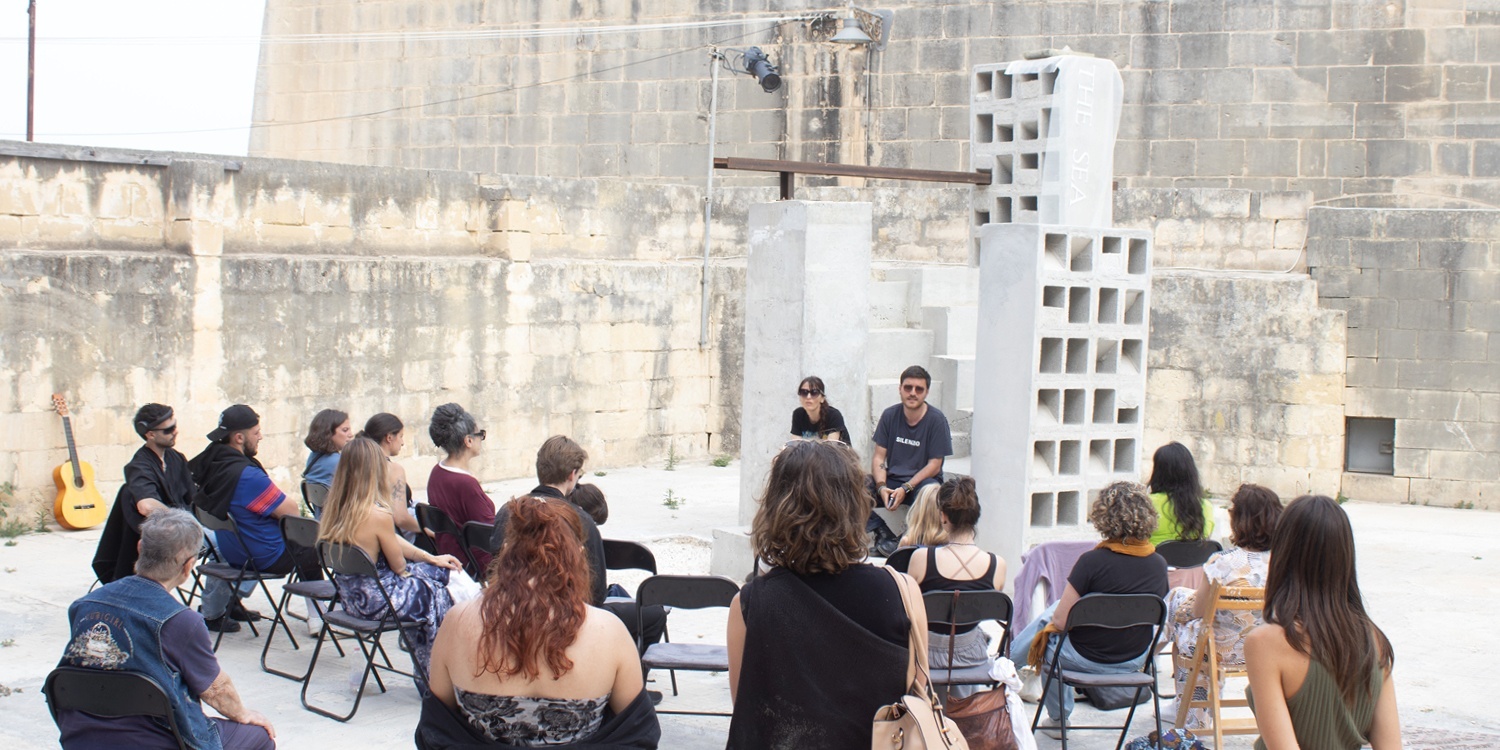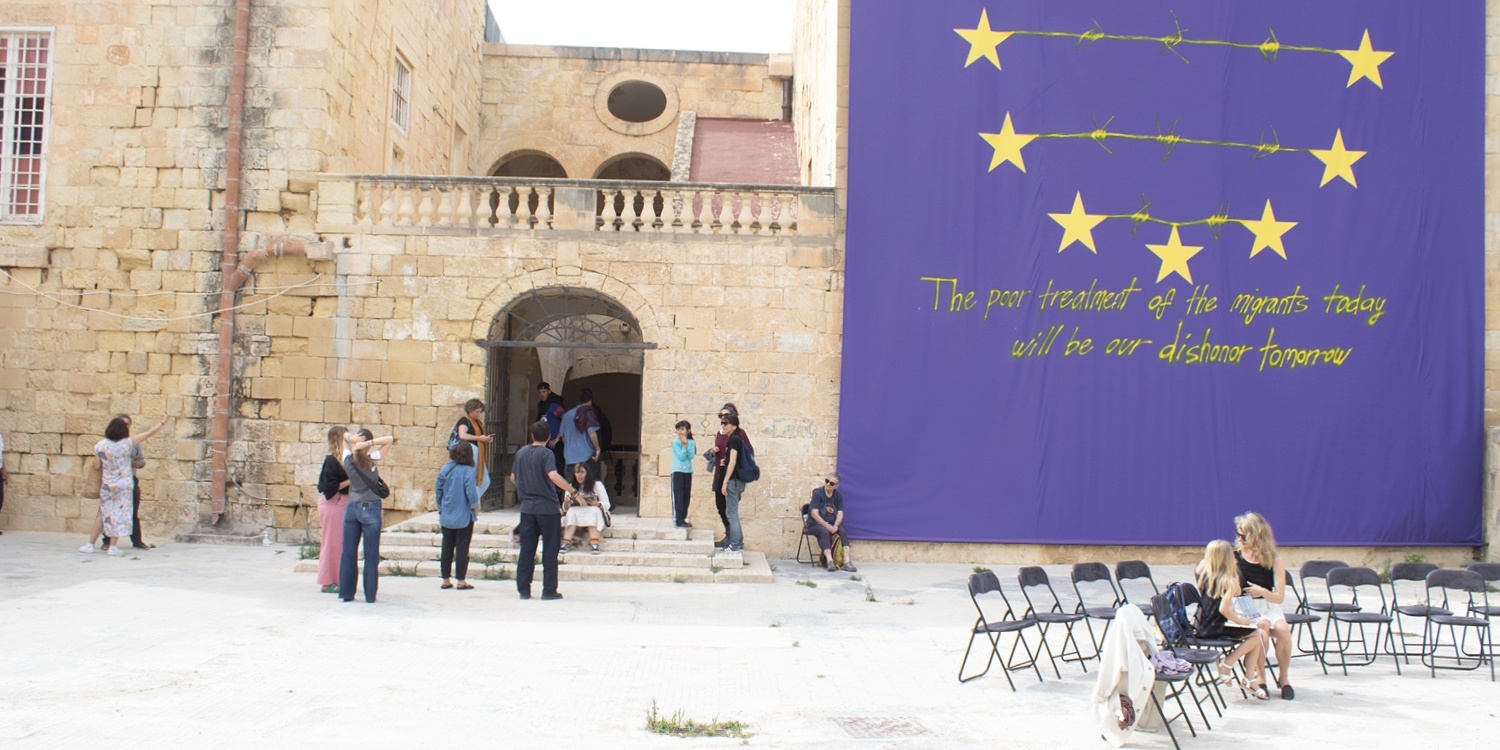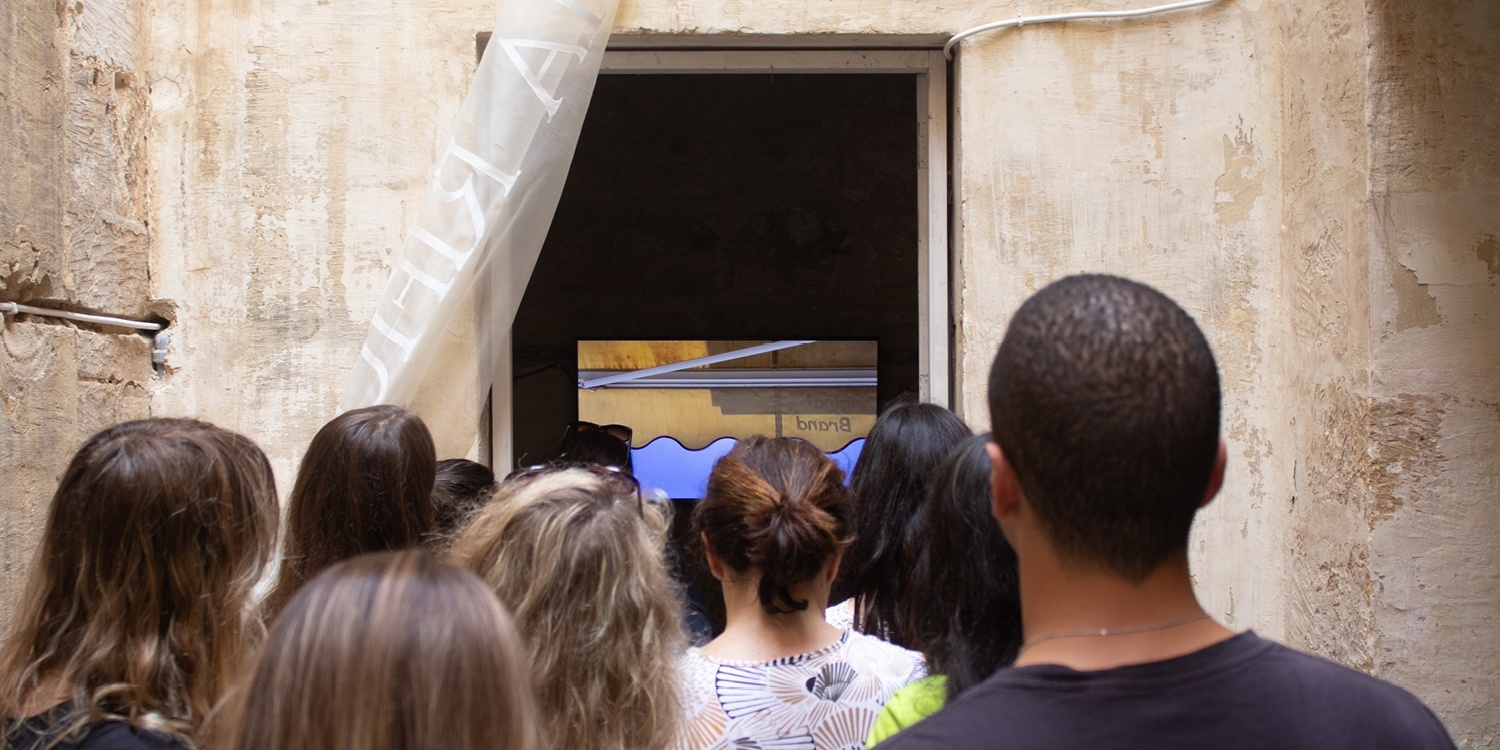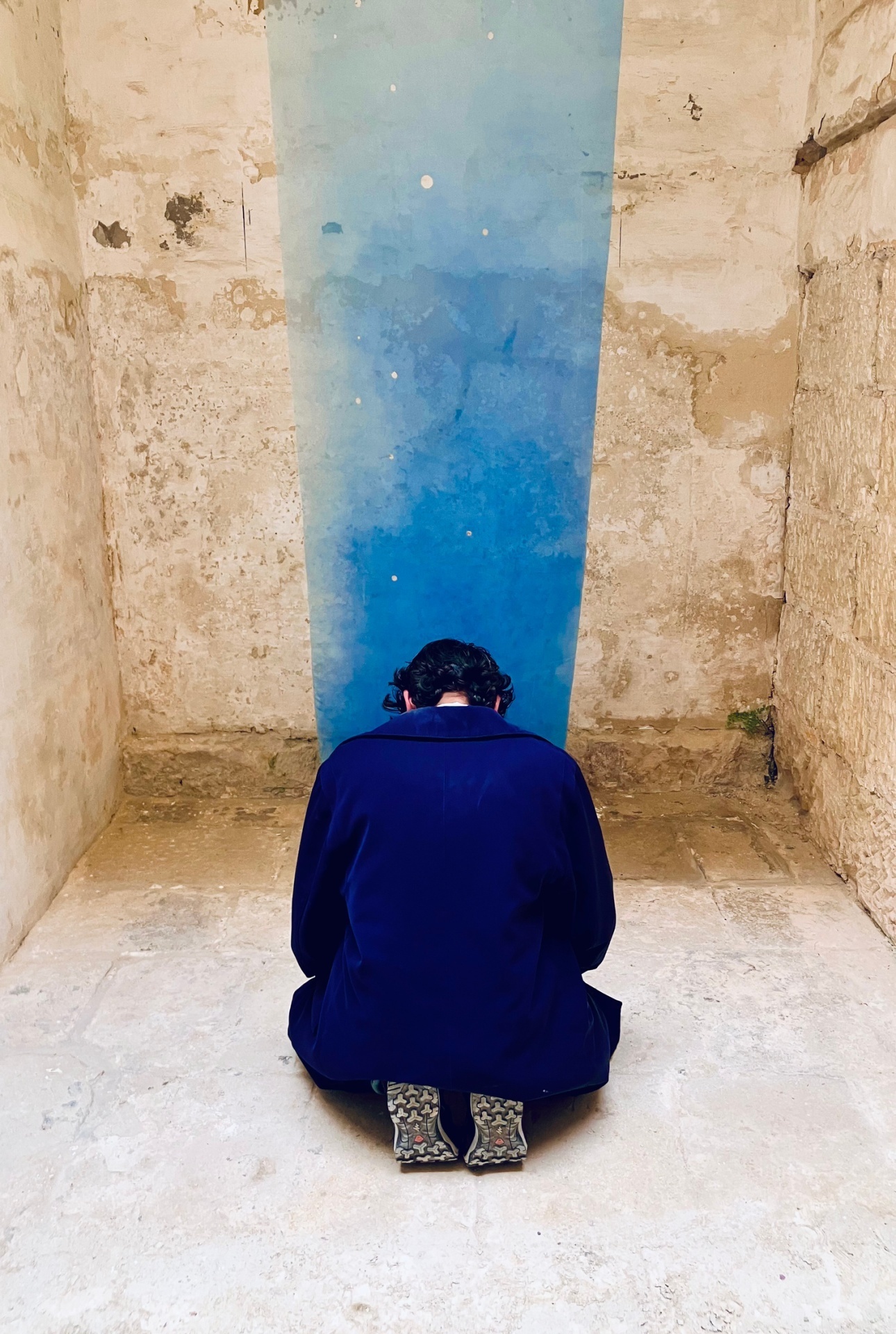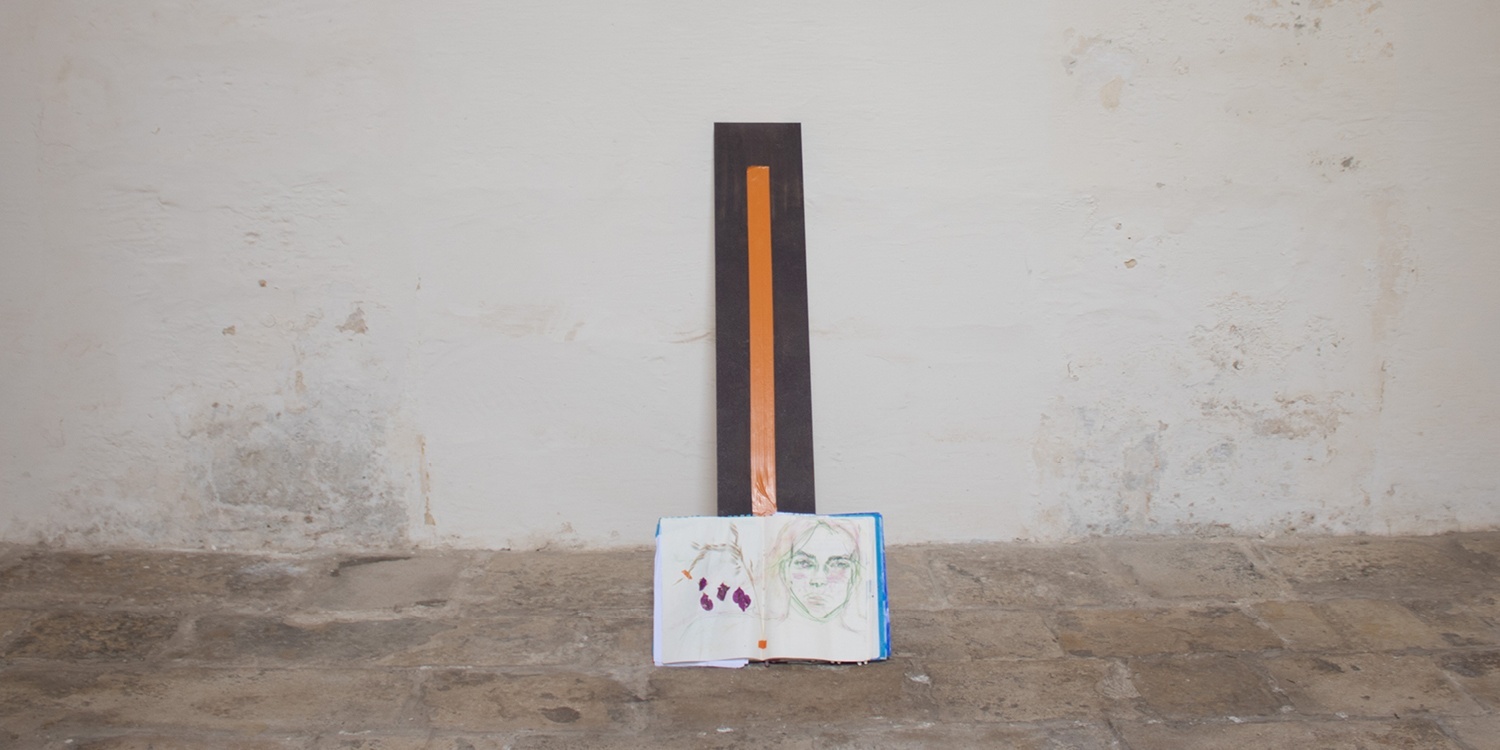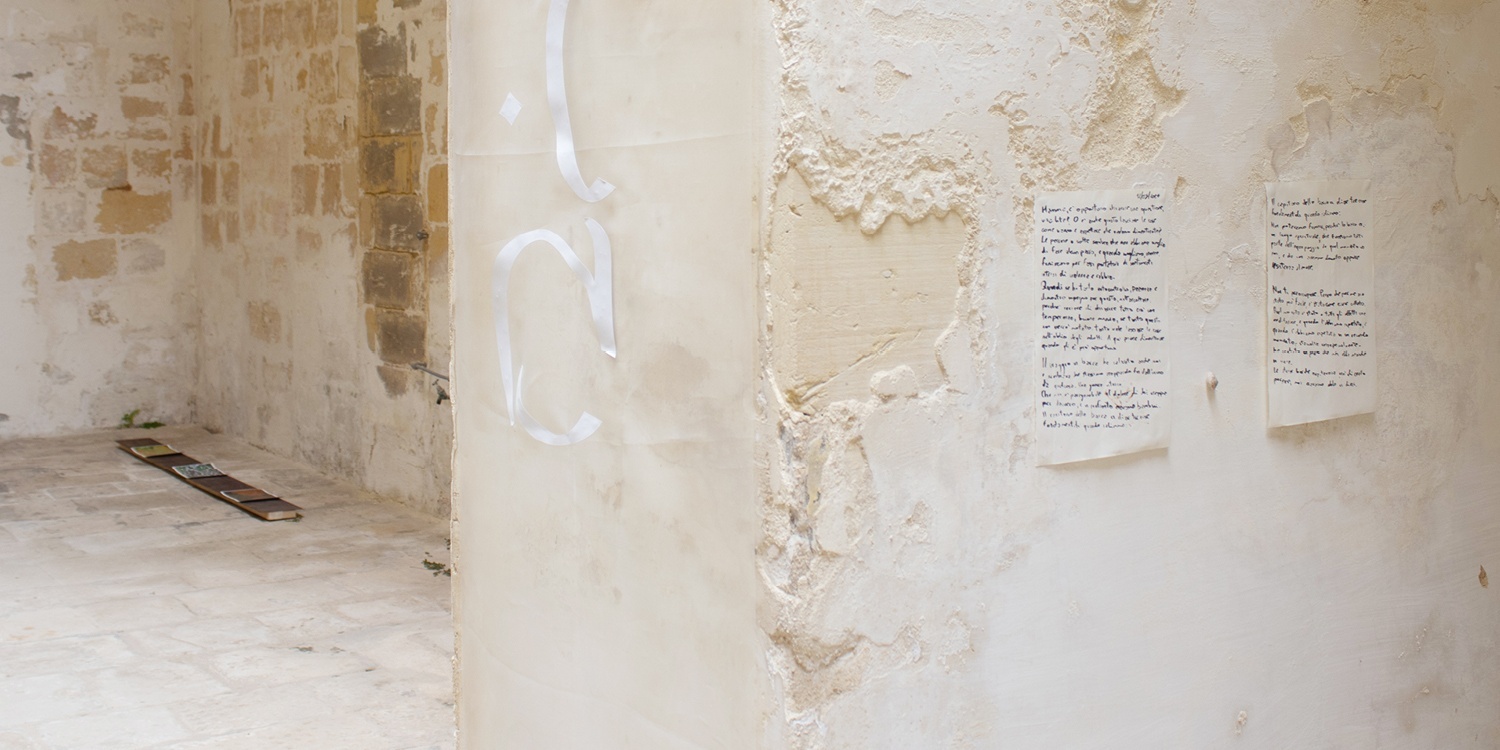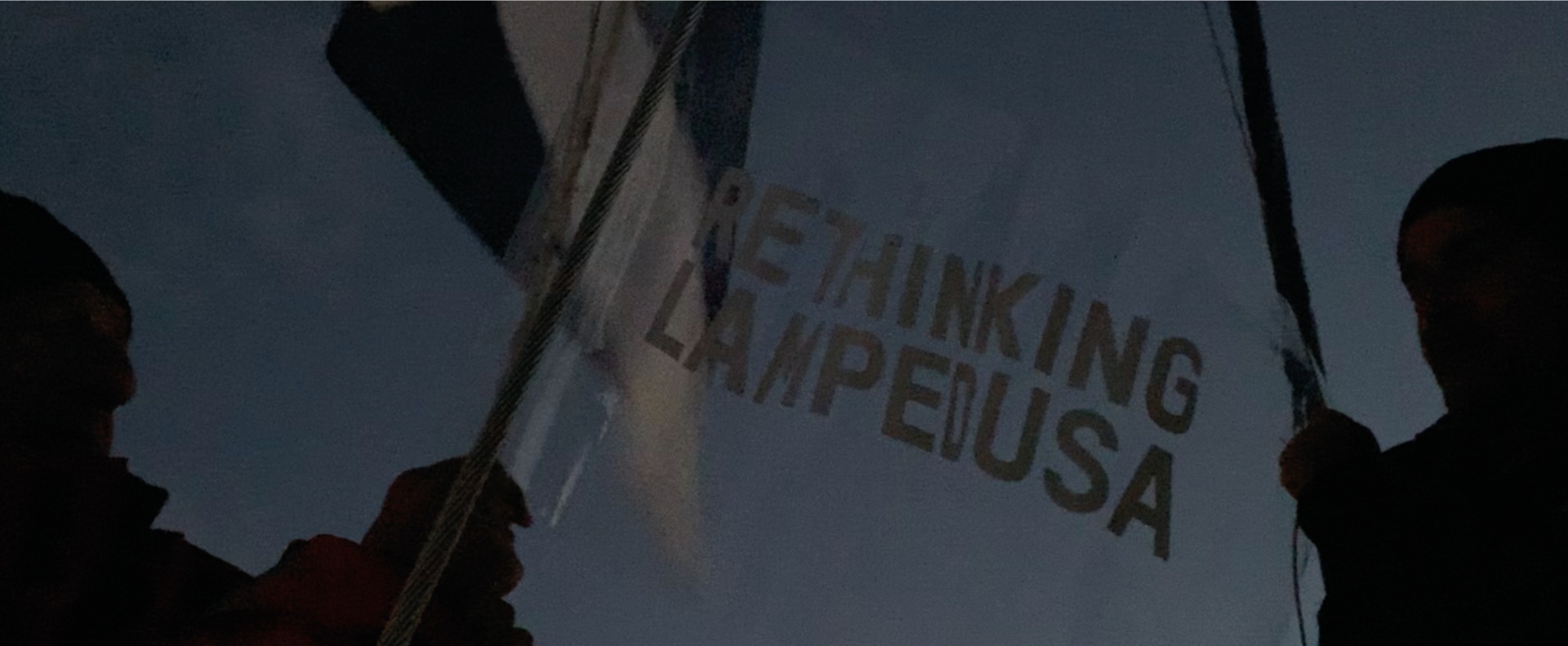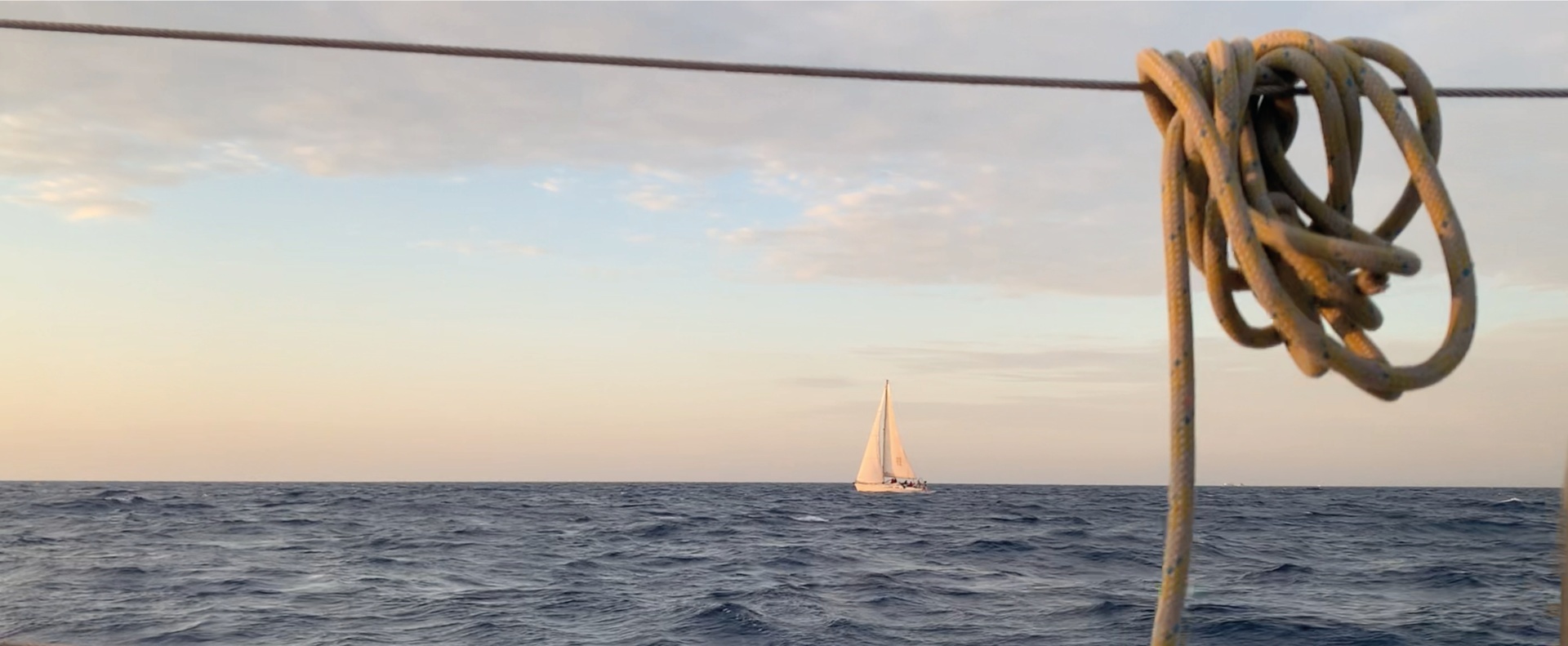
Rethinking Lampedusa, Rethinking Malta is an artistic research project proposed on the occasion of the first Biennale of Contemporary Art in Malta.
What kind of relationship exists between Lampedusa and other Mediterranean islands such as Malta? What idea of Europe is at play between their borders? What kinds of alternative practices and narratives can be developed by shifting our point of observation?
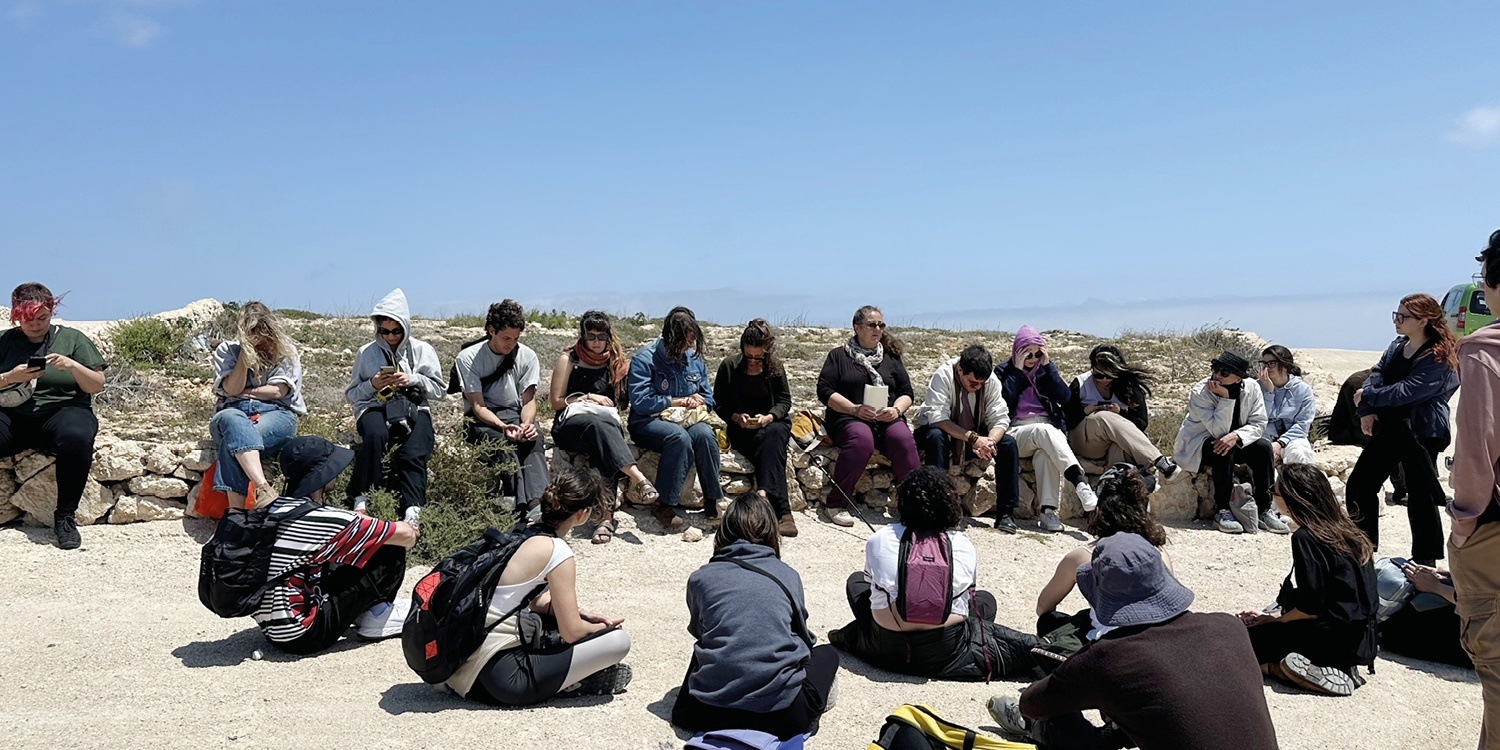


The Rethinking Lampedusa, Rethinking Malta program is the evolution of the Rethinking Lampedusa program, which was launched in 2022 in collaboration with the College of Arts, Media and Design at Northeastern University in Boston.
Rethinking Lampedusa began as an experiential learning program developed during an intensive week-long artistic residency on the island of Lampedusa. The program starts from researching the island as a metaphor, as a different point of observation - central to the Mediterranean, marginal to Europe. A horizontal, open point of observation, beyond borders.

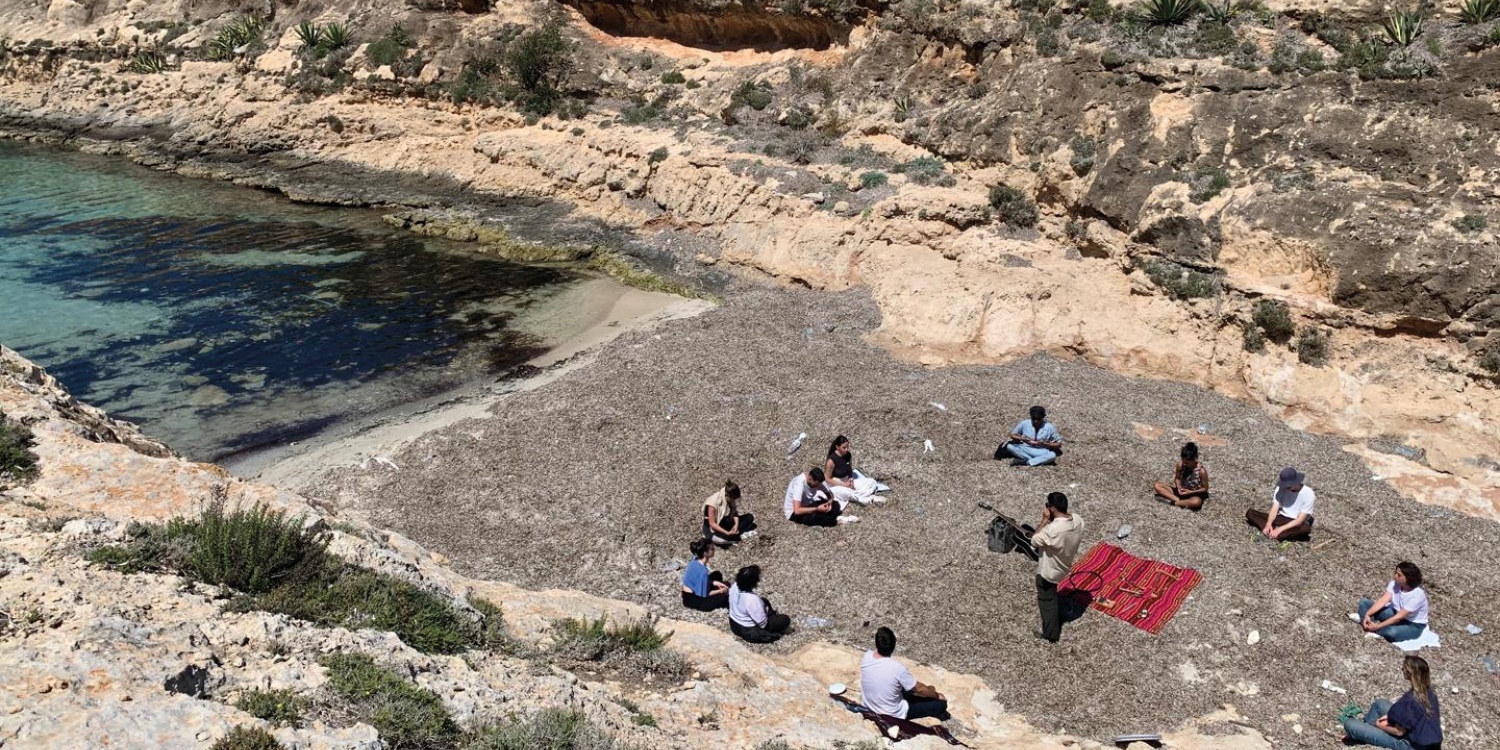
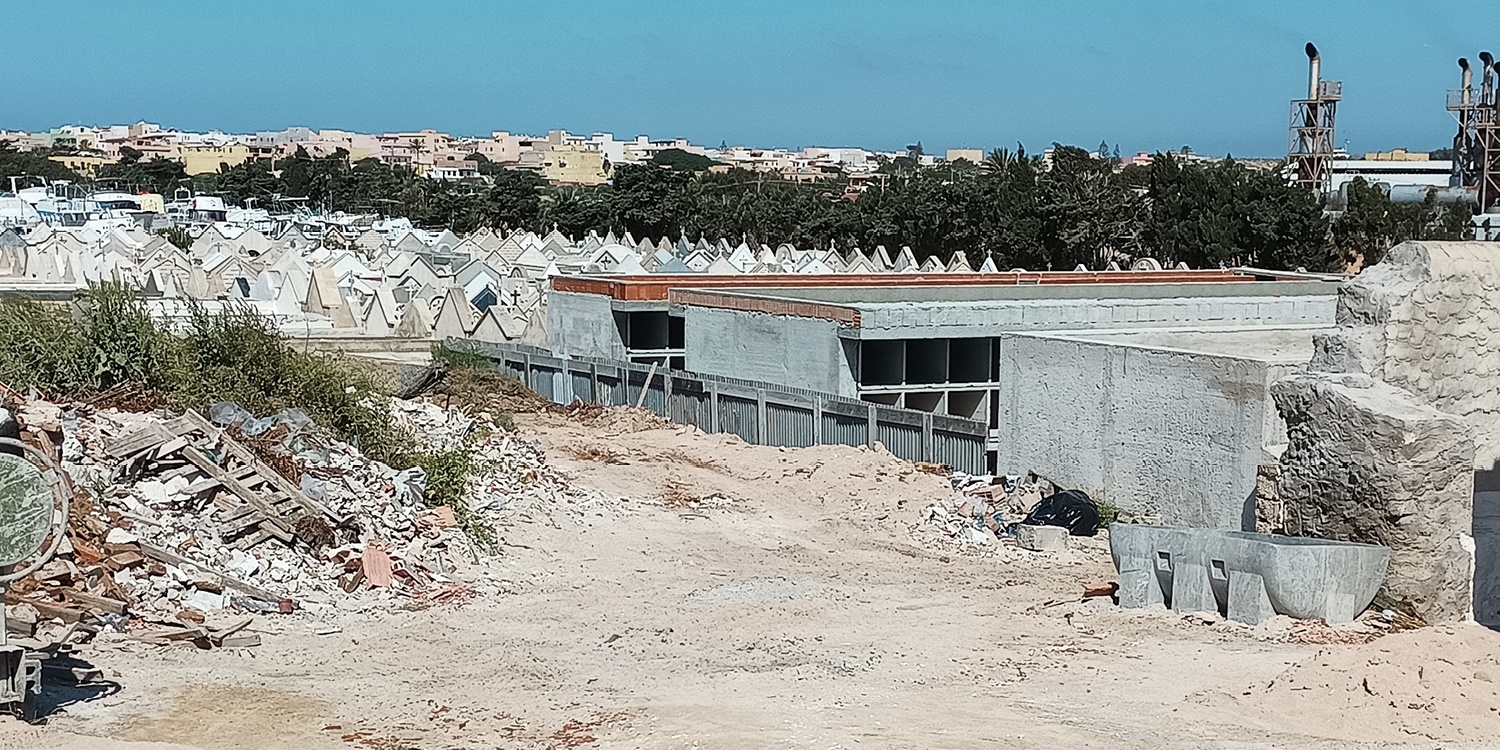
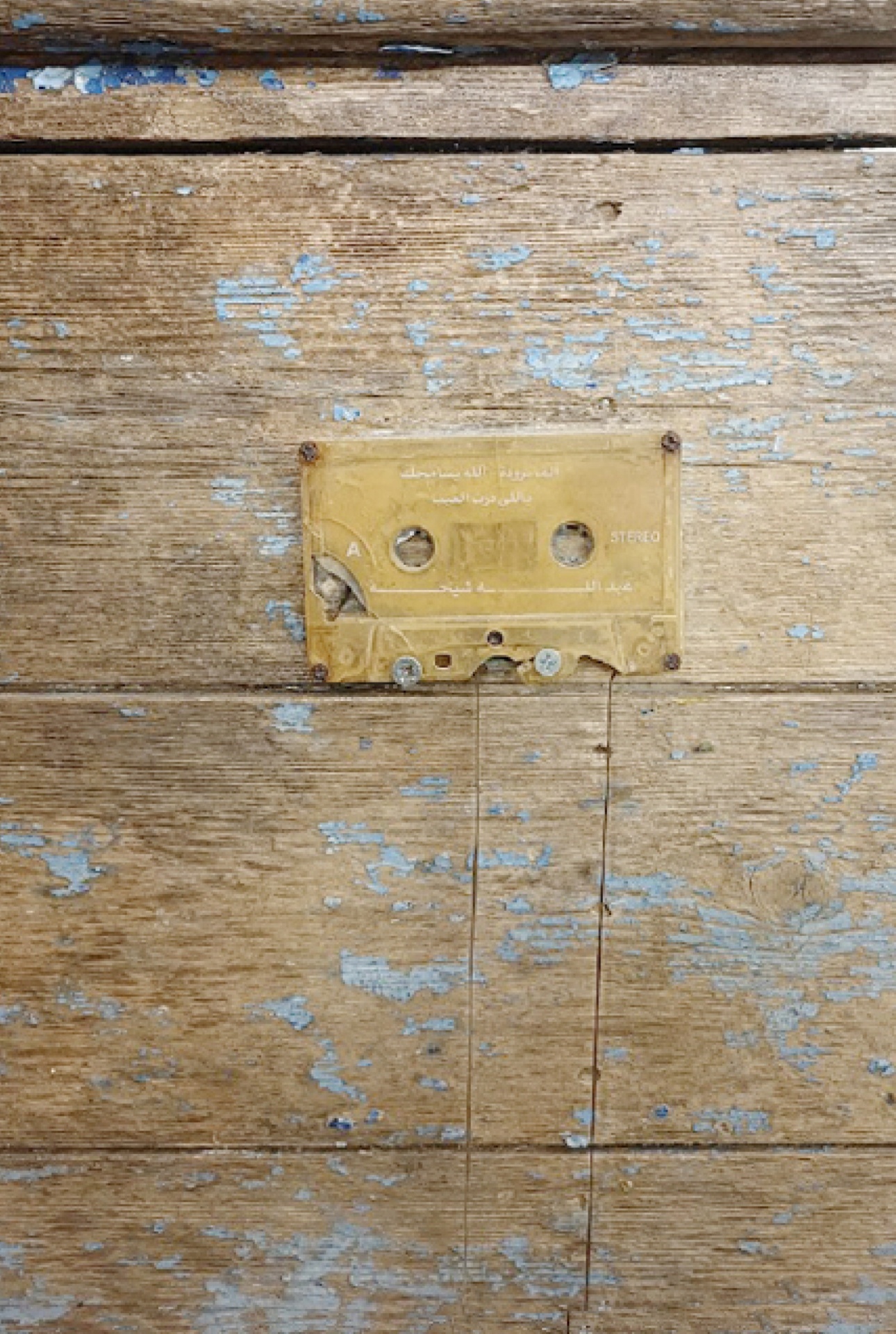
Rethinking Lampedusa, Rethinking Malta aims to create an international alliance between creative institutions, involving students from the visual arts and animation courses of the MADE Program and students from the photography and fine arts courses at the Malta College of Arts Science and Technology (MCAST).
The program, now in its third edition, has enriched itself with interdisciplinary and intercultural connections and interventions among students and tutors, curators, documentarians, local NGO volunteers, researchers, and artists, emphasizing the need to think about the Mediterranean as the crossroads of the most important political challenges of the contemporary world, in a metaphorical bridge between the two islands that best exemplify its contradictions and resources.
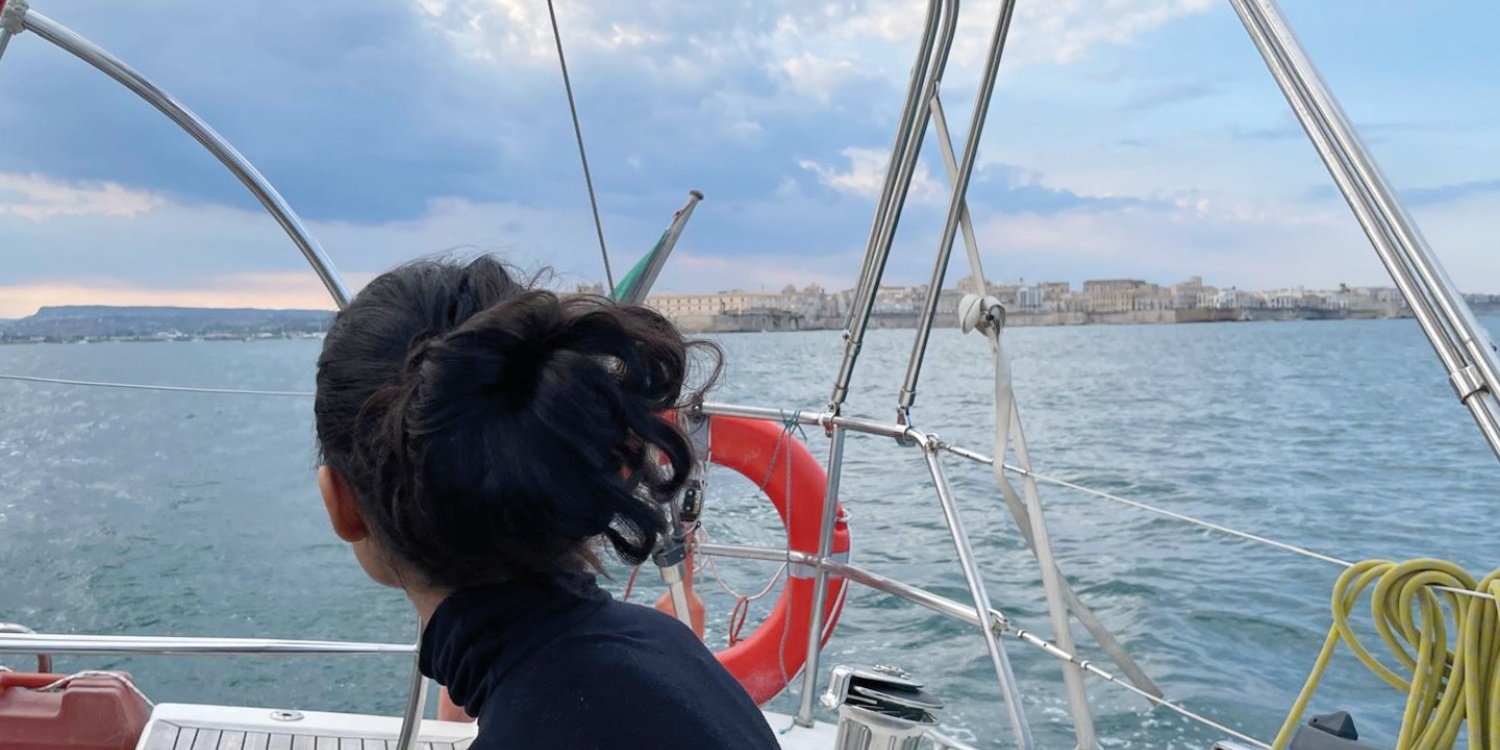
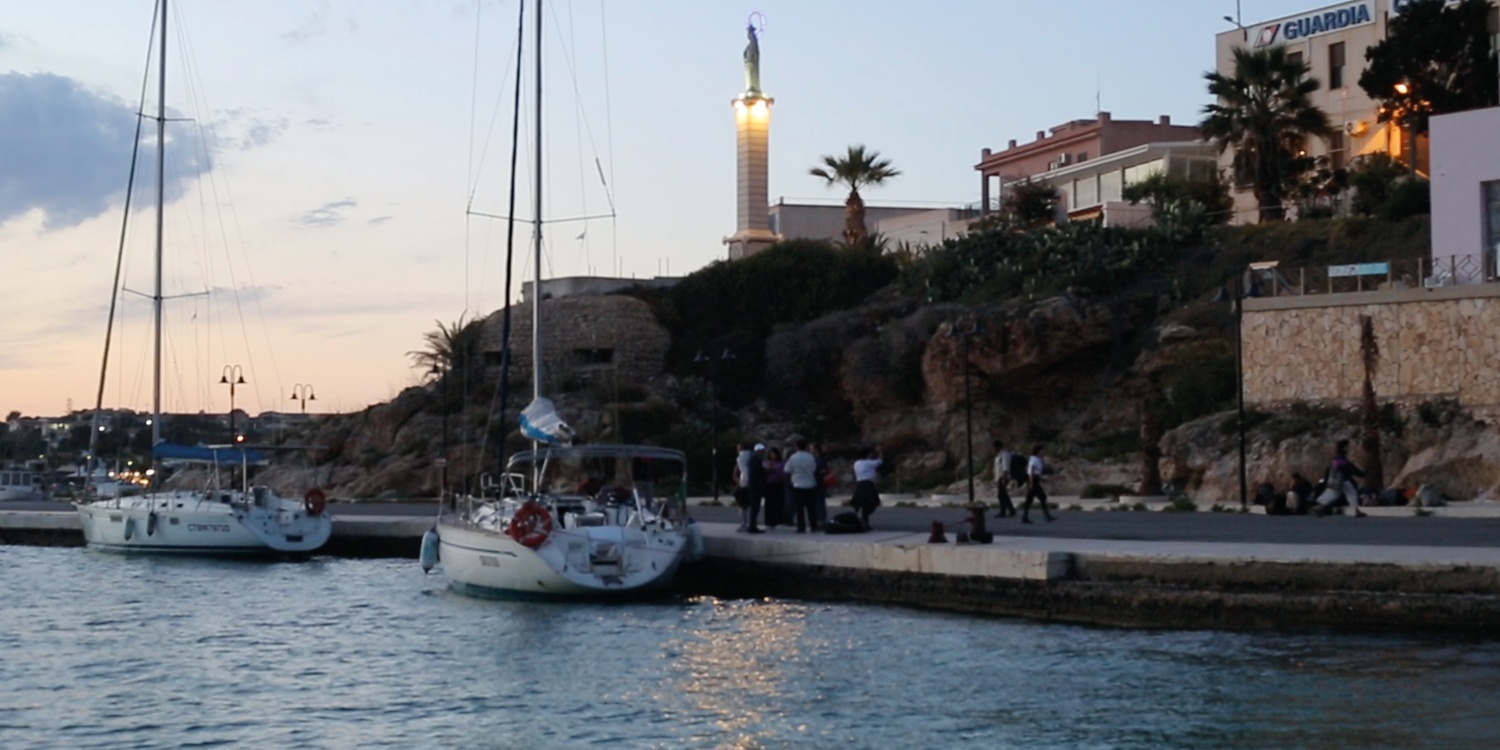
A central part of this year’s experience was a sea crossing, proposed as a performative act aimed at symbolically mending the Mediterranean by connecting the islands of Lampedusa and Malta.
The boat journey proved to be an incredible transformative and reflective experience, with an additional layer of significance given by the use of two significant boats - Ionia 97 and Caliente - that had been confiscated from traffickers years ago and refurbished and made available for educational events by the Lega Navale di Catania.
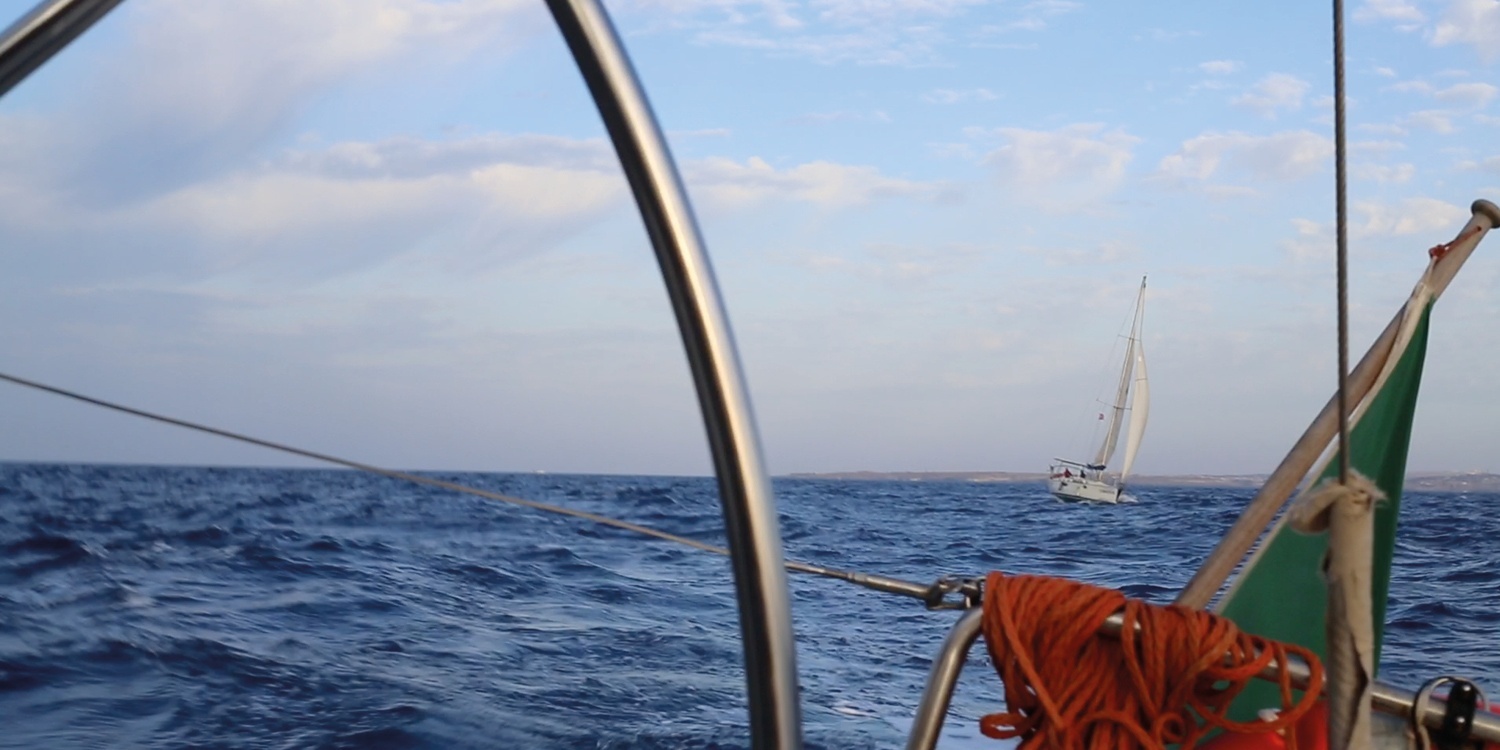
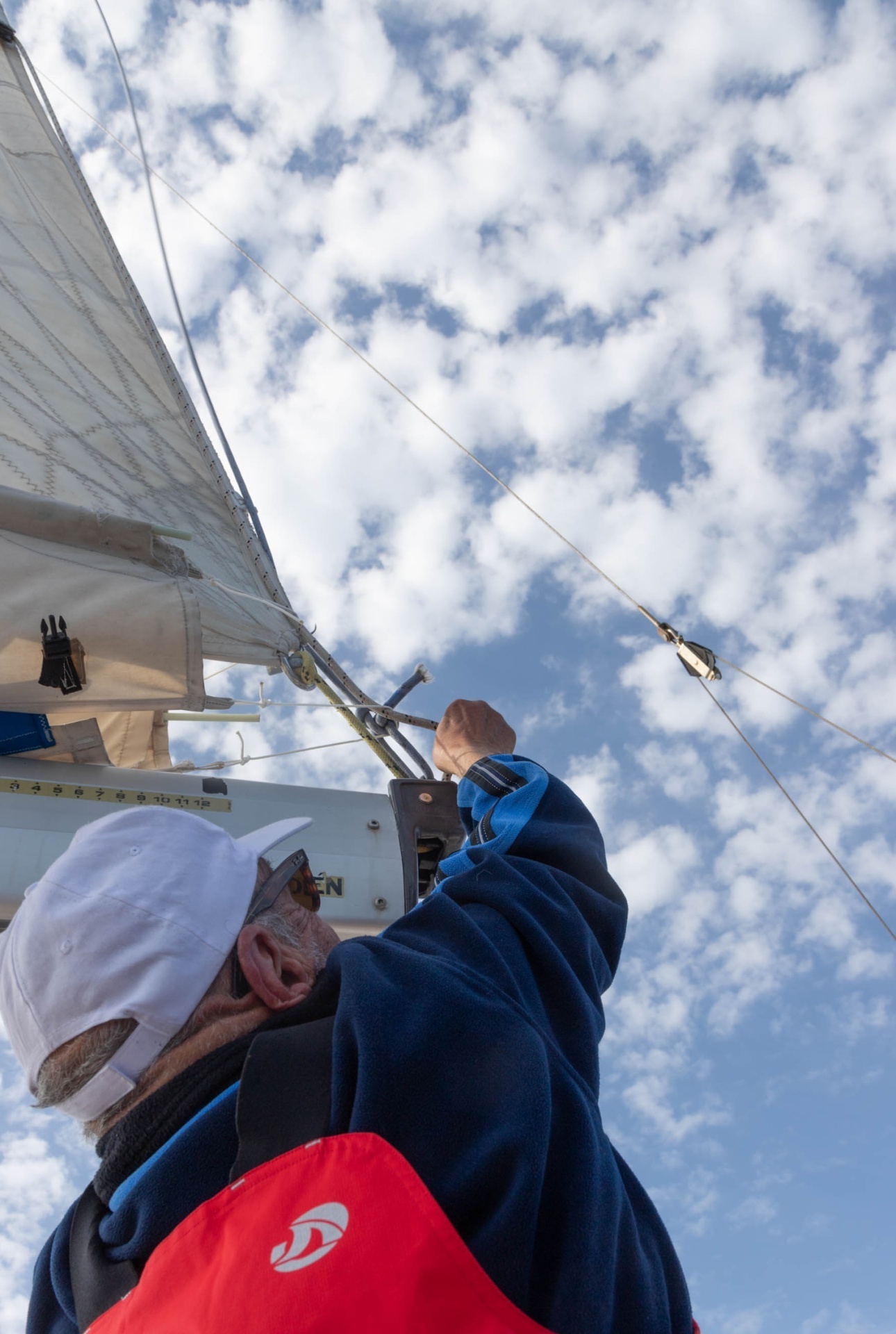

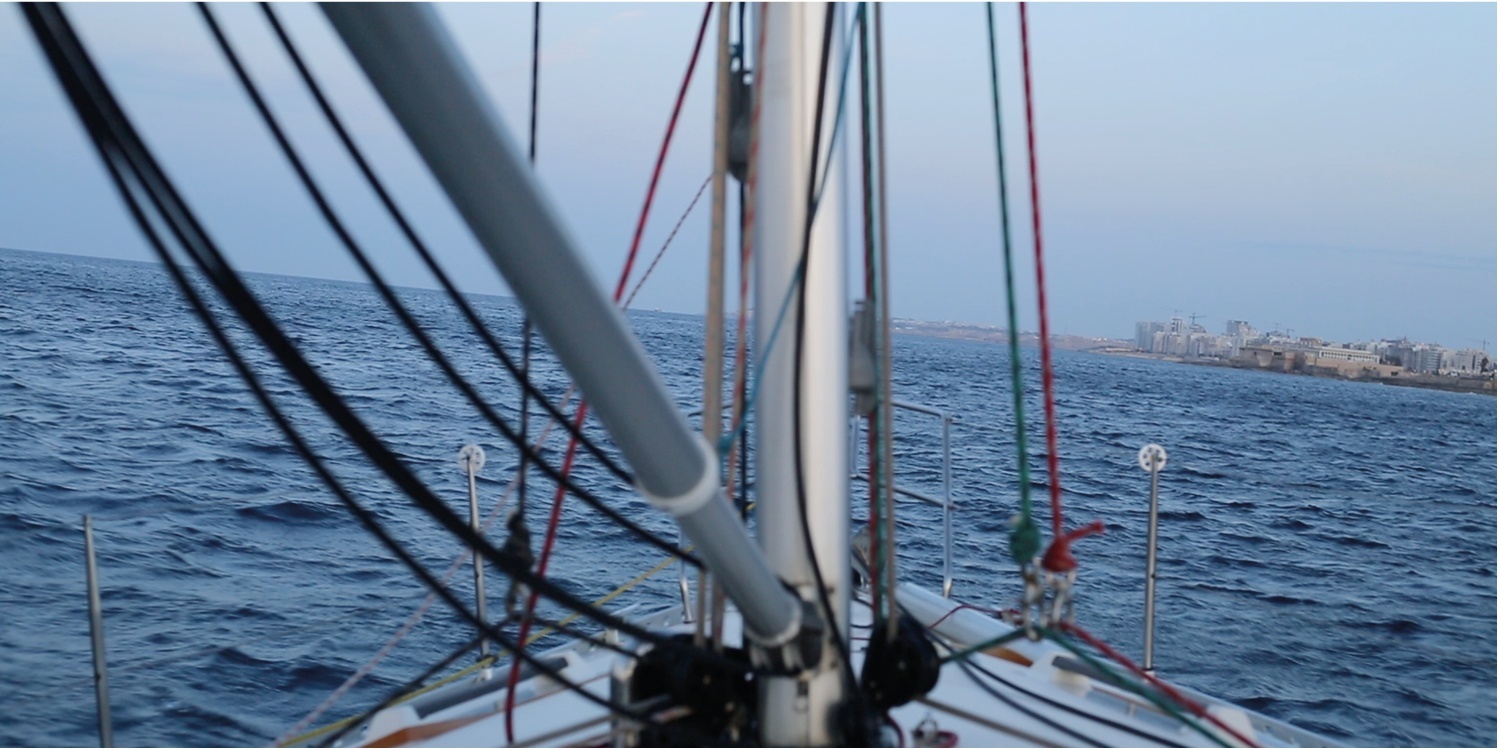
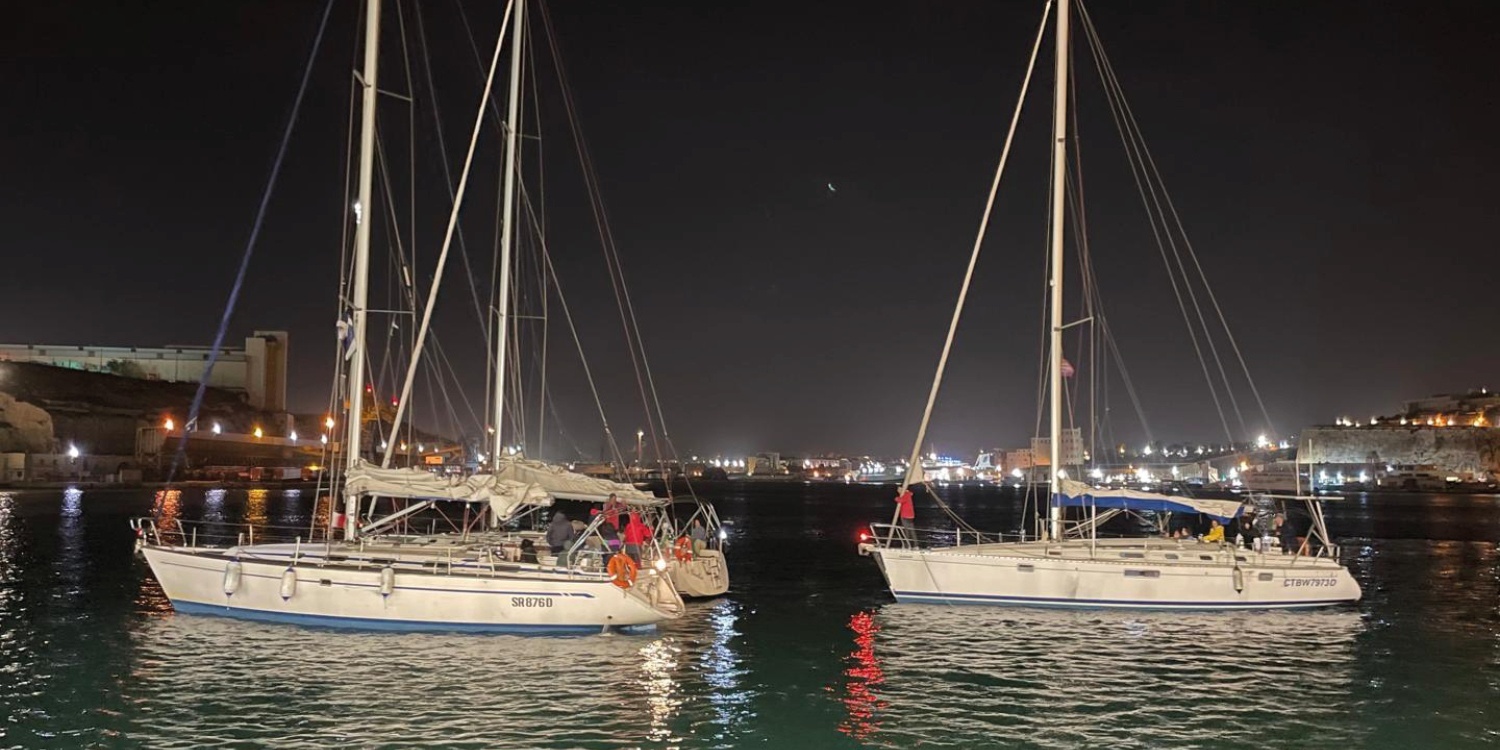
Upon arriving in Malta, the students had the opportunity to visit one of the thematic pavilions of the Malta Biennale “Can you sea? The Mediterranean as a political body”, interact with some of the artists present on the island, and participate in a series of public events that concluded with an exhibition of the works produced individually and collectively by the participants.
Thanks to:
Sofia Baldi Pighi and Emma Mattei, maltabiennale.art
Martina Caruana and Andrea Pullicino, MCAST
Paola Pizzicori, Forum Lampedusa Solidale, Maldusa, Mediterranean Hope
La Lega Navale di Catania and Francesco Cappellani
